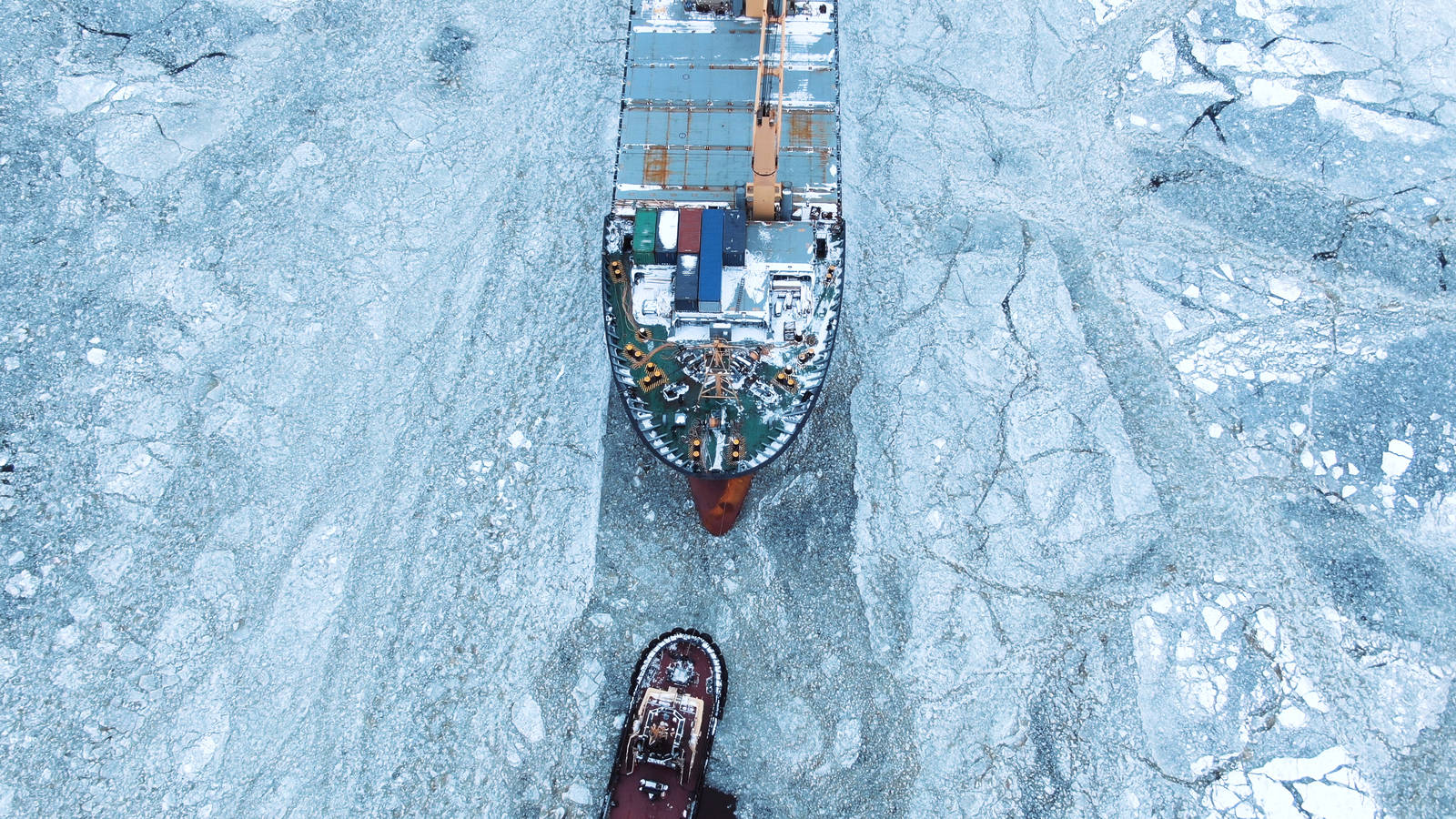The offshore energy sector is experiencing a trend of increasing asset divestment driven by industry consolidation, maturing assets and the need to fund new technology investments. What issues do changes in the ownership of offshore assets raise for insurers?
Does a change of ownership increase the risk profile?
As offshore assets are increasingly operating beyond their design life, a key concern when there is a change of ownership is loss of institutional knowledge through change in personnel and systems. If the new operator does not know that there is a problem with ageing assets, then its insurers will not either.
What happens legally in the claims context when there is a change of ownership?
The sorts of issues which arise include:
- If a change of ownership occurs after the loss, the normal situation is that the new owner has no claim. The former owner may try to assign the claim or insurance to the new owner but policy terms often bar assignment without insurers' consent.
- If a loss occurs during one period of ownership but only manifests itself after change of ownership, the immediate issue to consider is whether the loss occurred during the new owner's policy period. If it occurred during the earlier period, there is an obvious difficulty under English law because the new owner had no interest in the property at the time the damage occurred and cannot claim, and the former owner is no longer interested.
- Pre-inception perils. The general principle is that peril and damage must occur during the same policy period but there are important exceptions to this, e.g. policy extensions to cover pre-inception design defects.
Other issues to consider:
- The effect on Loss of Production Income claims where an asset is sold during the indemnity period;
- If there is unrepaired damage which is known at the time of sale, traditional marine policies restrict the recovery to the lesser of the reasonable cost of repair and the depreciation in the value of the asset at the termination of the policy. However, upstream energy policies frequently contain more generous deemed-depreciation measures of indemnity which are not appropriate for end-of-life assets.
Click HERE to read an article addressing these and other points in more detail.

